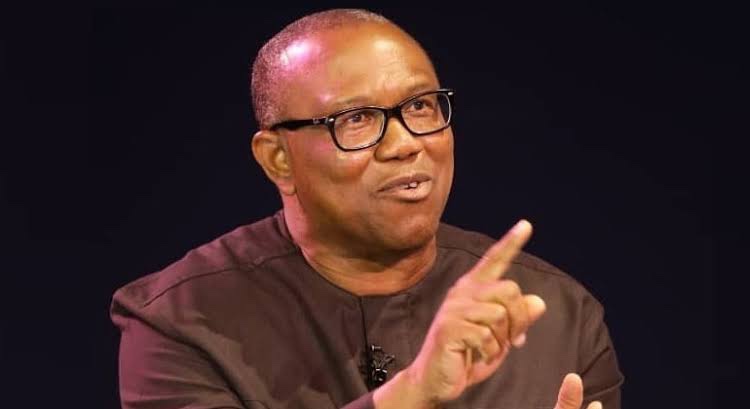Nigeria has added more than 10 million new voters to its electoral roll ahead of February’s presidential elections, mostly young people, the electoral authority said.
The next election has become a concerning upcoming event for youths within the country, who are convinced it’s time to seize their country and do so immediately.
Voters in Nigeria will elect a new president to succeed Muhammadu Buhari, who has exhausted his running window after serving the two terms allowed by the country’s Constitution.
During the same election process, Governors, and members of the Senate and Chamber of Deputies are also to be elected, in what seems to be a controversial election ahead.

The Independent National Electoral Commission (INEC) said a year-long exercise that ended on Sunday saw 10.49 million new voters, 84% of whom were 34 or younger.
Also, read; Ghanaian President Says It’s Time For Africa To Get Reparations For Slavery
Interestingly, the last elections, which took place in 2019, saw 84 million registered voters. However, with this increase, the commission expects to get at least 90 million votes, many of which will come from youths, in the coming election.
Turnout in Nigerian elections is typically low, but political analysts say the country’s economic woes, reflected in double-digit inflation, and growing uncertainty could drive more people to vote, particularly young people.
The main presidential contest is between the ruling party’s candidate, Bola Tinubu, a former governor of Lagos state, and the main opposition candidate, Atiku Abubakar, who served as vice president from 1999 to 2007.

However, Peter Obi, the former governor of Anambra state and Abubakar’s running mate in the 2019 election, has impressed many young people after joining a smaller opposition party and could be a presidential wildcard in 2023.
